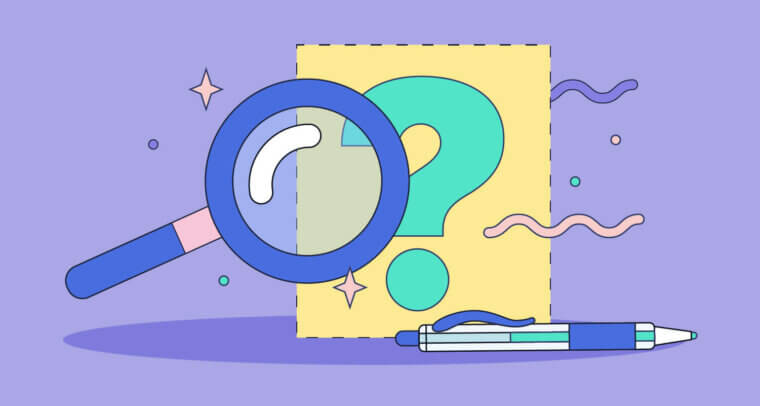
There are many perks to speaking the lingua franca of your time, but one of the downsides is that you’ll always doubt whether you’re using it right. English has almost as many variants as there are countries that use it as their official language. A great example of that is the past tense of the verb learn—is it learnt? Or is it learned?
Learnt vs. learned: What’s the difference?
Learnt and learned are both used as the past tense and past participle forms of the verb learn. The difference in spelling depends on whether it’s American English or British English.
- learnt is the correct spelling in British English
- learned is the correct spelling in American English (and for Canada, too)
Whether you’re saying you learned something or learnt something, you’re talking about the same thing—the process of finding out, acquiring, or retaining knowledge or information. The only difference is that the way you spell and pronounce it says something about where you’re from. Learnt and learned are both used as the past participle and past tense of the verb to learn. Learned is the generally accepted way of spelling it in the United States and Canada, while the rest of the English-speaking world seems to prefer learnt for now.
Why for now? The American English tendency toward making irregular verbs into regular ones has started influencing British English, which is why the -ed variant is being used increasingly around the world. Soon, learned might be the most common form everywhere.
Examples of learned and learnt
Here are some examples of learned and learnt from around the world:
The exception: When learned is the only option
No matter where you live, sometimes learned is the only correct form to use—it’s when you’re writing the adjective learned. In that case, you can’t use learnt and you have to pronounce the word as two syllables: LER-ned. Use this adjective when you want to say that someone has a lot of knowledge or education:
In American English, learned is the prevalent past tense form of learn. In other varieties of English, learnt is dominant. Because of the strong influence of American English, learned is increasing in popularity. Do you think that learnt will disappear completely one day?






